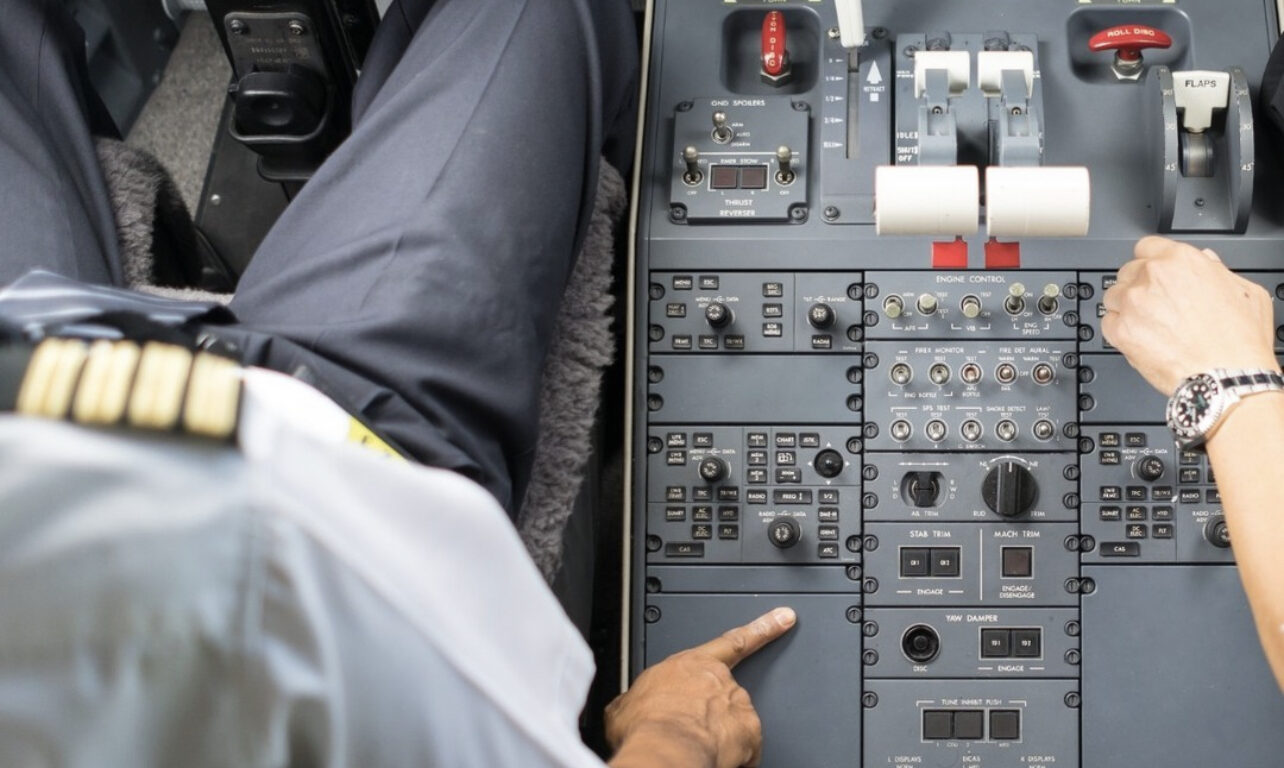- Pilot organizations worldwide unite against single pilot operations in commercial flights
- The shift towards single pilot operations is driven by profit, not safety

The decision to implement single pilot operations in commercial flights has been met with strong resistance from pilot associations around the world. In recent news, some of the largest pilot organizations, including the International Federation of Air Line Pilots’ Associations (IFALPA), the European Cockpit Association (ECA), and Air Line Pilots Association (ALPA), have united to challenge the move towards single pilot operations.
The pilot representatives claim that the move towards single pilot operations is driven by profit motives, rather than safety concerns. They argue that the workload of a single pilot would increase significantly, leading to increased stress and fatigue levels, which could compromise safety. Moreover, they highlight that technology is not a substitute for pilots on the flight deck, and the pilots’ ability to adapt to unexpected situations in real-time and act as a backup in case of system failure is irreplaceable.
Several countries, including the UK and Germany, have asked the International Civil Aviation Organization (ICAO) to help make single pilot operations a safe reality. The European Union Aviation Safety Agency (EASA) is also working with manufacturers to study the regulatory changes required for such procedures and has indicated that single-pilot flying may begin as early as 2030. However, the pilot community is not convinced that single pilot operations are a safe option.
Tony Lucas, the president of the Australian & International Pilots Association, expressed concerns that a single pilot could be overwhelmed by an emergency situation, and no one would have time to reach the flight deck. He further added that those who are pushing for single pilot operations are not the ones who fly jets every day, and when things go wrong, they can go wrong quickly.

